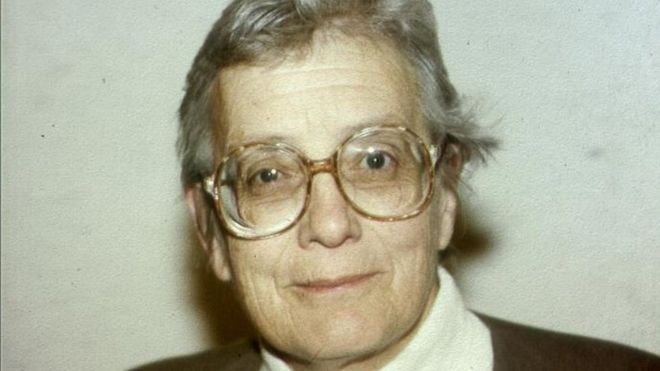News
Baroness Mary Warnock 14th April 1924 - 20th March 2019

Baroness Mary Warnock, who died on 20 March 2019 at the age of 94, can rightly be called a towering figure in the history of developments in assisted reproduction. An educator and moral philosopher, Baroness Warnock chaired the Committee of Inquiry into Human Fertilisation and Embryology which reported in 1984 and hugely influenced the shape of the Human Fertilisation and Embryology Act of 1990. This ground-breaking legislation went on to influence policy, practice and legislative change worldwide.
The vast majority of the Warnock Report’s recommendations were ones to which many of us who were around at the time could readily lend our support. These included, importantly, its support for the provision of counselling for those considering or using fertility treatments which in turn lent weight to the establishment of BICA itself in 1988. Looking back, it is easy to underestimate just how controversial that fertility treatments were at the time and how many powerful competing interests existed. Baroness Warnock was widely credited with skilfully, respectfully and thoughtfully enabling the committee’s members to arrive at recommendations that brought moral considerations in a highly grounded way to address such matters as what weight to give to human parenting desire. She also had to help committee members to determine when to give ground to each other and where to compromise if at all. The final Report, for example, did not recommend that treatment should be restricted to married couples despite pressure from some quarters. It also recommended as a compromise that children conceived with donated gametes should be told of their origins but not that they should have the right to know the identity of the donor. Indeed there was also a Minority Report published as full agreement was not reached on all matters.
As someone who was involved in this field at the time (including in making submissions to the Committee), it was a privilege to later meet Baroness Warnock when she gave a lecture at my university in York. It was even more of a privilege when it became clear from our later correspondence that she had come to the view that donor-conceived people should be entitled to know their donor’s identity and was prepared to make her first public statement of this at a conference in 2002 organised by the British Association of Social Workers Project Group on Assisted Reproduction (PROGAR –https://www.basw.co.uk/progar/) which included myself and some other BICA members. The importance of Baroness Warnock putting her weight behind the campaign for lifting donor anonymity was evident by the sheer numbers of national media lining up to interview her! And, of course, donor anonymity was indeed lifted in 2005, much to her delight.
Baroness Warnock continued to take a keen interest in assisted conception matters right until her death. As a member of the House of Lords, she spoke in many related debates and her contributions remained astute, thought provoking and always worthy of consideration. Her curiosity, her humanity and her determination to require consideration of the potential lifelong consequences of proposed actions and policies for those affected and society as a whole are qualities to which we can all aspire.
Written by Marilyn Crawshaw
Honorary BICA Member


